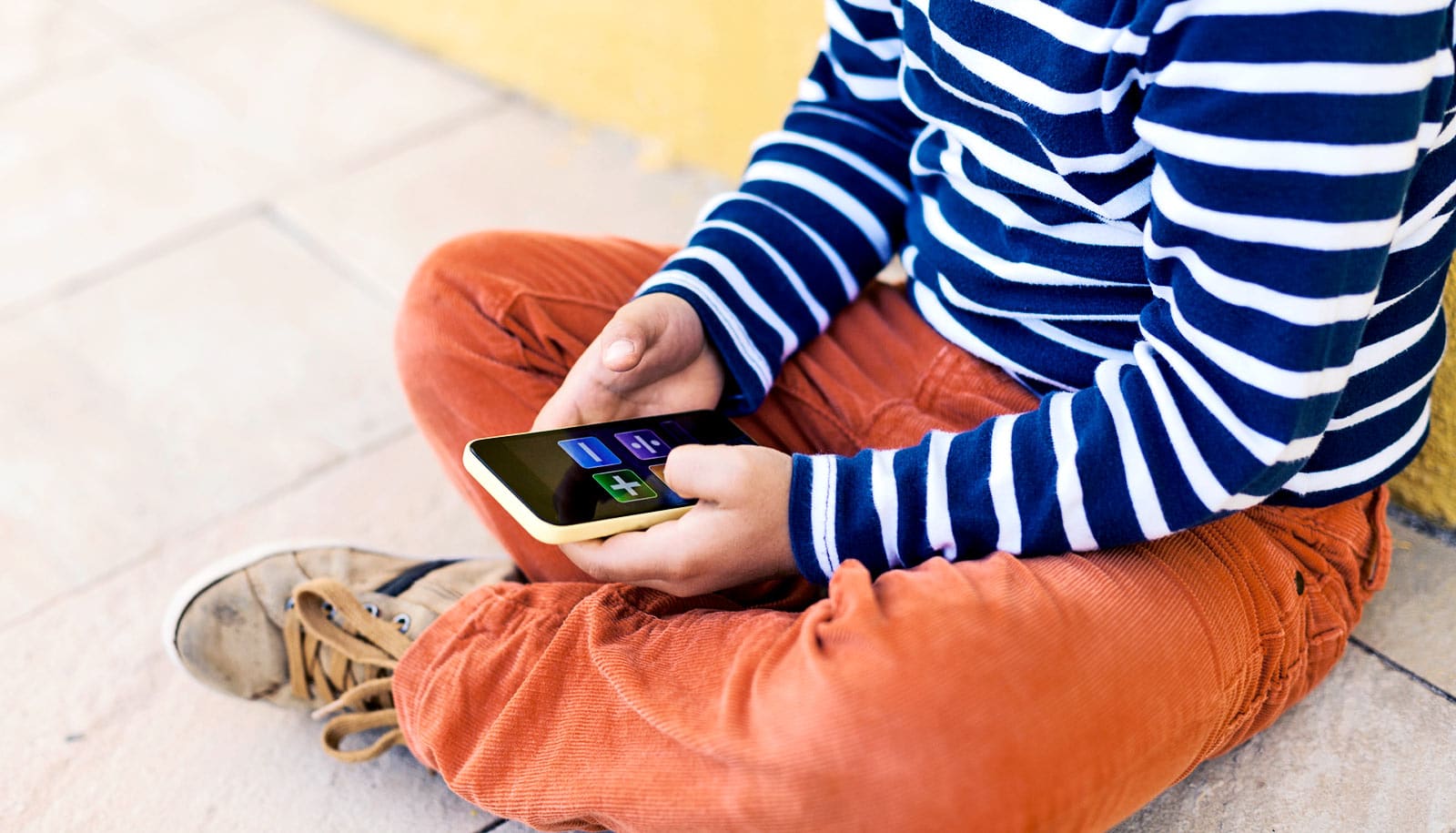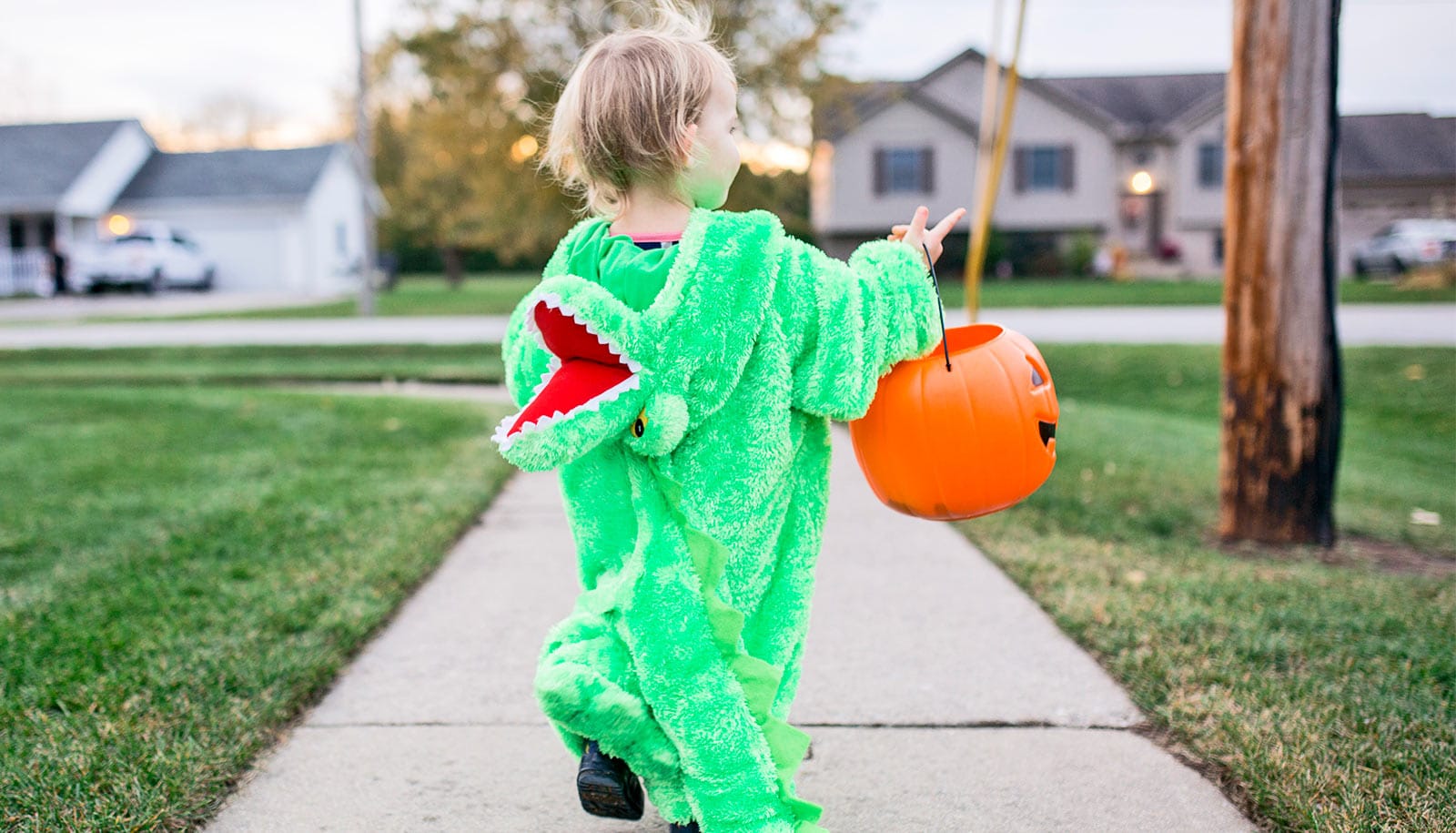How young children use screen devices, rather than how much time they spend using the devices, may be the strongest predictor of emotional or social problems connected with screen addiction, new research suggests.
“Our study has demonstrated that there is more to it than number of hours…”
This held true after researchers controlled for screen time in a new study of young children and screen use.
“Typically, researchers and clinicians quantify or consider the amount of screen time as of paramount importance in determining what is normal or not normal or healthy or unhealthy,” says lead author Sarah Domoff, who did the research while a postdoctoral research fellow at the Center for Human Growth and Development at the University of Michigan.
“Our study has demonstrated that there is more to it than number of hours. What matters most is whether screen use causes problems in other areas of life or has become an all-consuming activity,” says Domoff, now an assistant professor of psychology at Central Michigan University.
Research exists on adolescents and screen use, but Domoff says that, to her knowledge, this is the first tool in the United States that measures screen media addiction in children ages 4-11. She believes it will be a valuable tool for parents, clinicians, and researchers.
Here are 9 warning signs of screen media addiction:
- Unsuccessful Control: It is hard for my child to stop using screen media.
- Loss of Interest: Screen media is the only thing that seems to motivate my child.
- Preoccupation: Screen media are all my child seems to think about.
- Psychosocial Consequences: My child’s screen media use interferes with family activities.
- Serious Problems Due to Use: My child’s screen media use causes problems for the family.
- Withdrawal: My child becomes frustrated when he/she cannot use screen media.
- Tolerance: The amount of time my child wants to use screen media keeps increasing.
- Deception: My child sneaks using screen media.
- Escape/Relieve Mood: When my child has had a bad day, screen media seem to be the only thing that help him/her feel better.
Kids who use media in unhealthy ways have problems with relationships, conduct, and other emotional symptoms, Domoff says. The study didn’t examine whether the emotional and behavior problems or the media addiction came first.
Bright screens keep kids awake on school nights
Domoff and her coauthors report their findings in the journal of Psychology of Popular Media Culture. Additional study authors are from the University of Michigan and Iowa State University.
Source: University of Michigan



